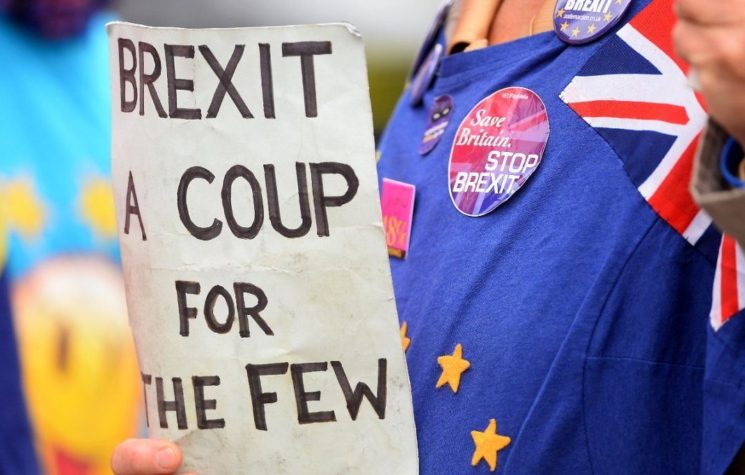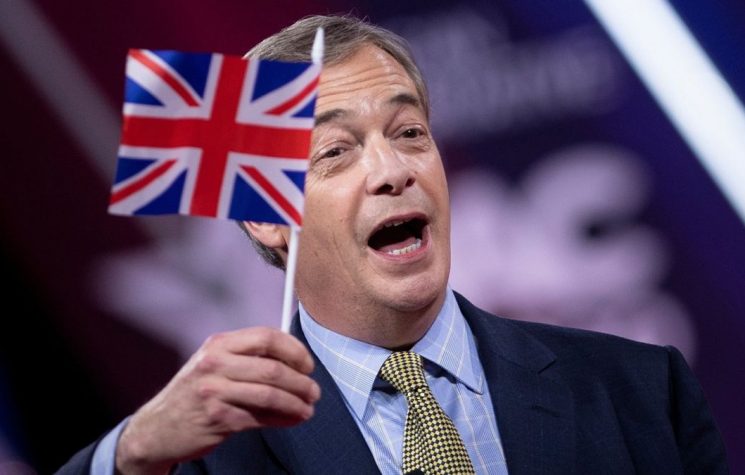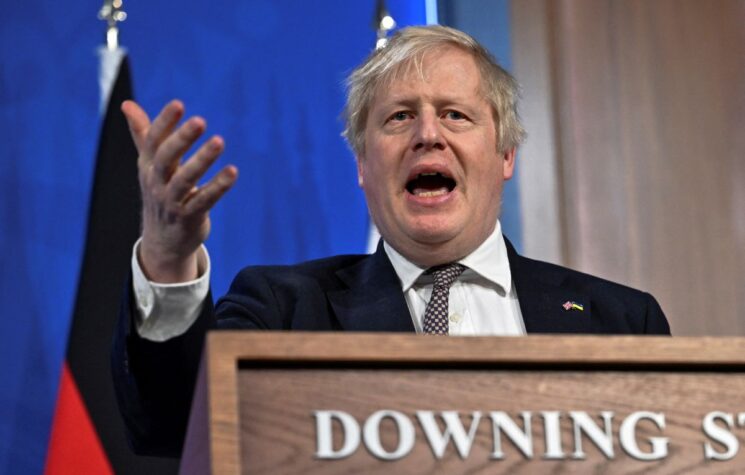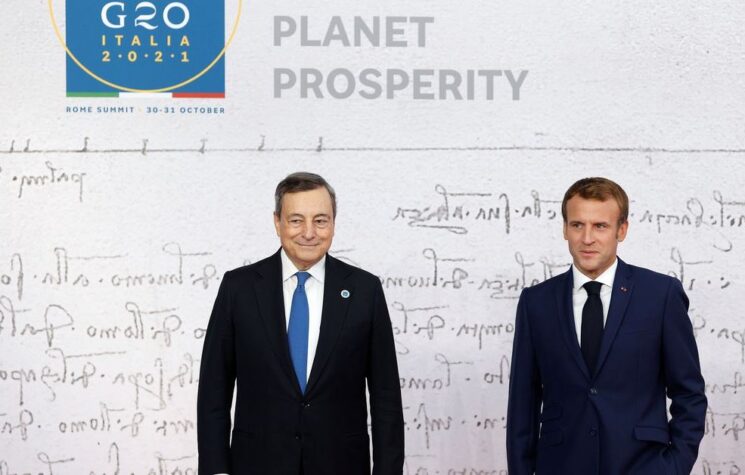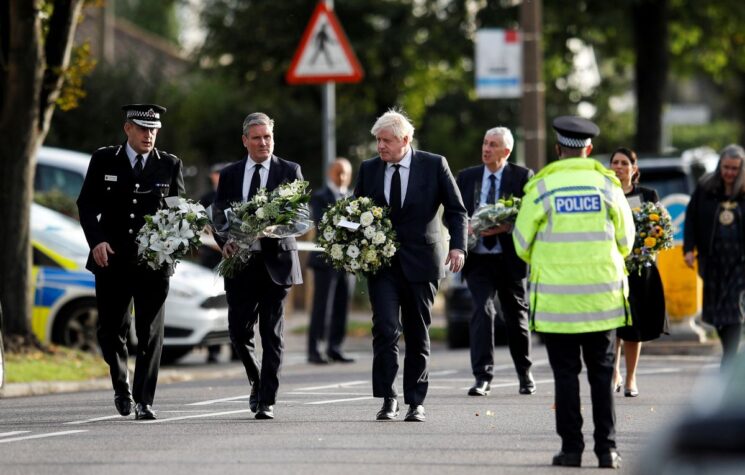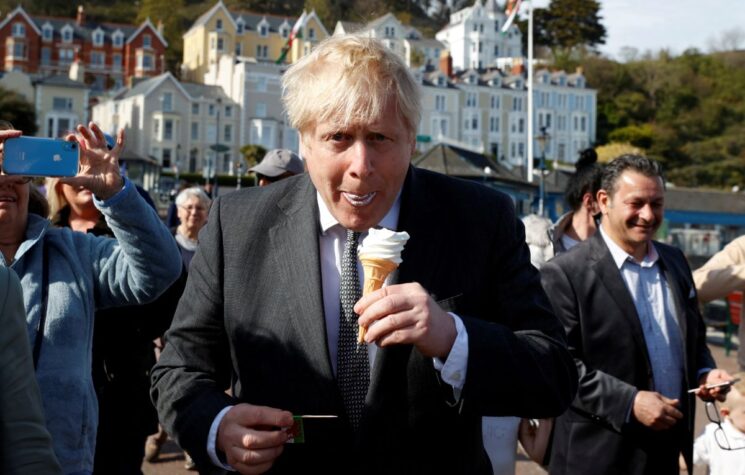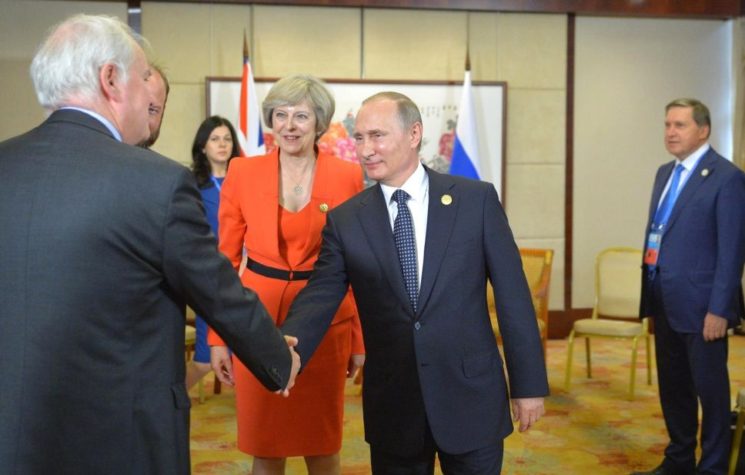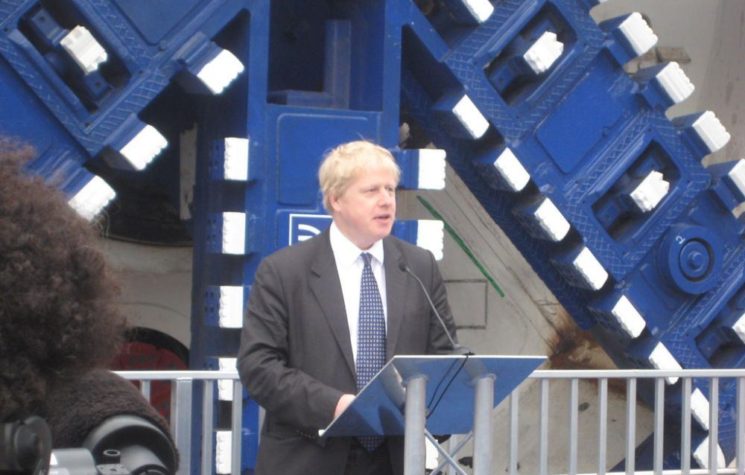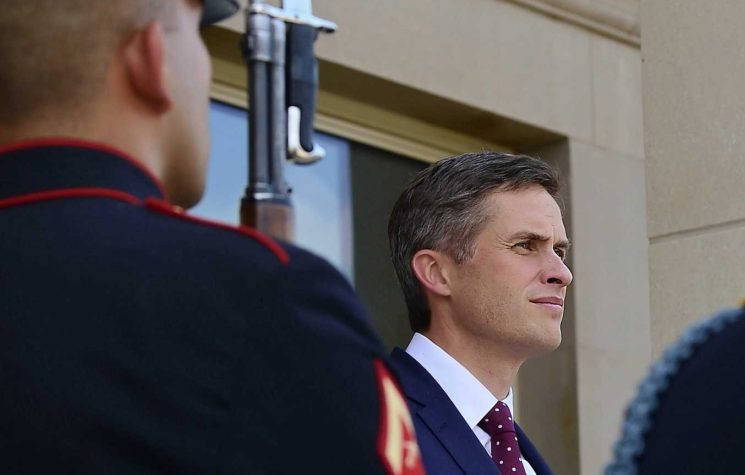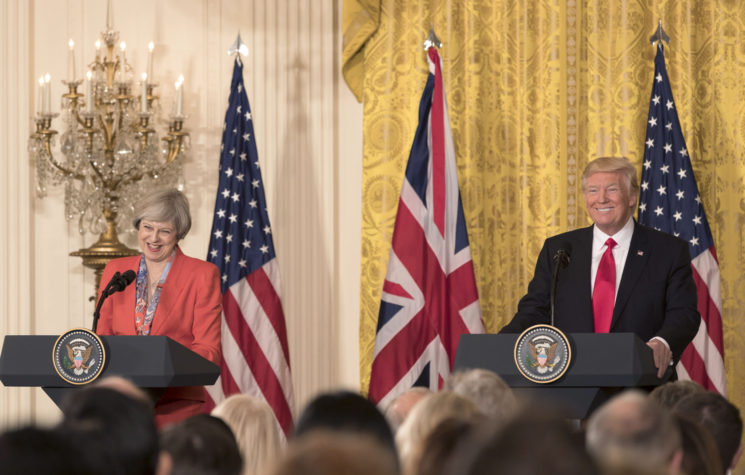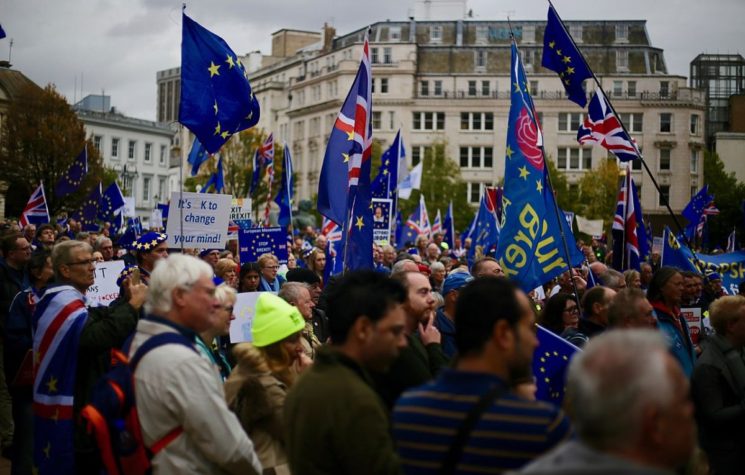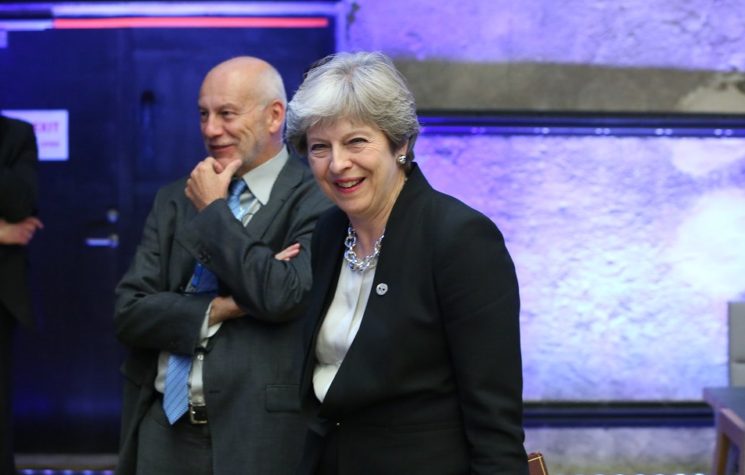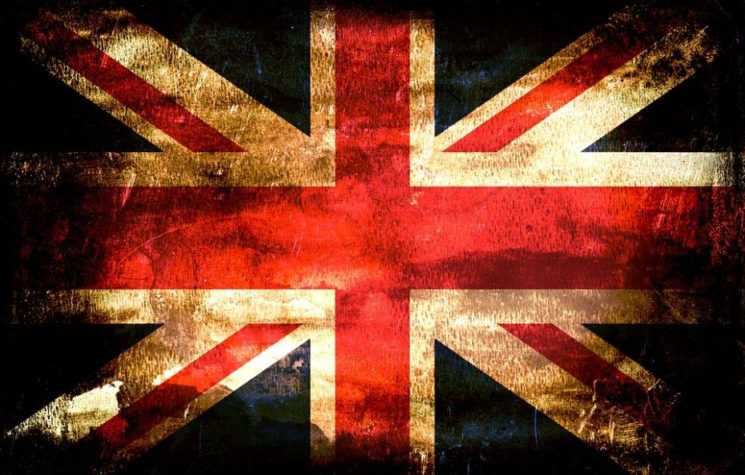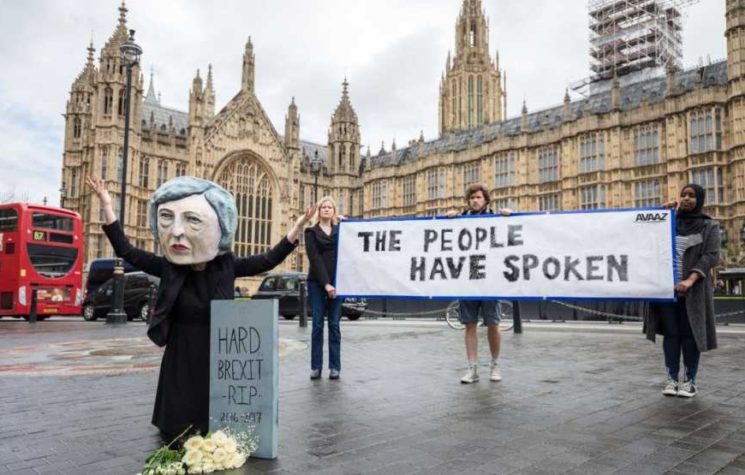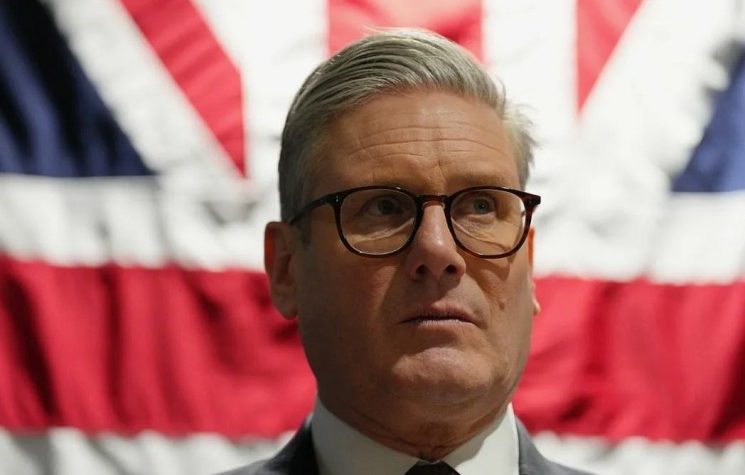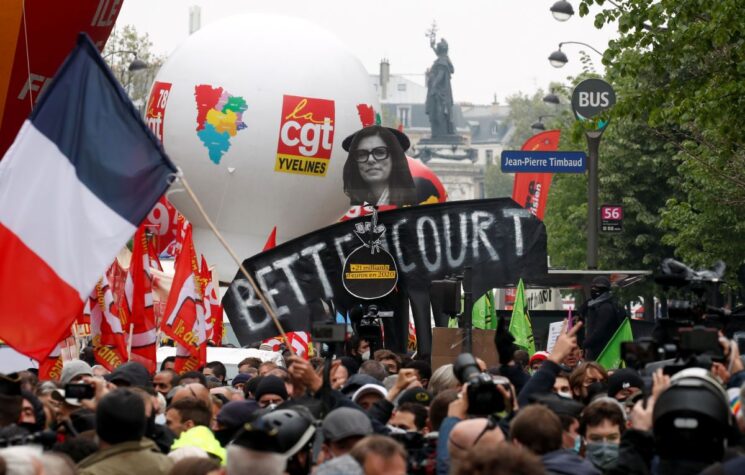The European institutions ideally want to drag out the Brexit ambiguity as long as possible as the pressure for May – or whoever follows her – increases to do one of two things: either abandon Brexit altogether or call for a second referendum.
The European Union – or rather leaders of EU countries – met on April 10th and agreed to give the UK an extension to its Brexit conundrum of six months, which for many was a welcome reprieve to avert what some believe would have been a disaster if Britain had ‘crashed’ out of the EU.
Germany and France reached a compromise over how long Theresa May should have to attempt to get agreement from MPs on her draft withdrawal agreement, which, in reality is a worse scenario for the UK to be in than its present status as full EU member state. It was meant to be as that’s precisely what the EU wanted and a naïve May swallowed it as the real deal.
But May is not only a weak prime minister and one whose heart was never in Britain leaving (she was always campaigning for UK to remain), but she is also a lousy negotiator which has resulted in this stalemate now which Britain has with the EU. Yet many now are questioning her integrity as a Brexit negotiator as, for the moment, the EU has not only done itself a favour by averting a crisis for itself, but politically May has bought herself a little time with her own campaign which is simply to survive as PM. The date for Britain to get a deal agreed is by October 31st, which is interesting for many reasons. The Halloween deadline is timed just before new EU chiefs are ‘elected’ by MEPs so, in theory, if the UK left the EU there would be no British MEPs taking part in that process. But it is also just a matter of a couple of weeks, when, under UK parliamentary rules, her own party can call for a second ‘no confidence’ vote in her as leader of her own party.
Few people in the conservative party now are deluding themselves about May’s strategy to stay relevant, which will give the Brexiteers in her party some zeal as they eye the leadership. From her strategy in Brussels, it is clear now that the entire EU is not united on how long the UK should continue with the endless hanging on, with ambiguity about whether the country is in or out. France’s Macron believes a real deadline, which could result in a no deal Brexit, must be enforced but the compromise reached between his camp among EU leaders and Germany’s, showed that Macron is punching below his weight.
For May, this worked to her advantage as she can continue with the disingenuous claims that the Brexit process is out of her hands both at home and in Brussels – due to what the EU is asking for, in terms of a withdrawal which respects citizens’ rights and Northern Ireland as basic principles which are non negotiable.
What we are witnessing is EU leaders hoping they can speed up a process which will help the UK and protect EU countries from fallout, in particular France’s; from the EU executive itself there is a darker side though to the timetable which highlights a slight, but important division between Brussels and EU leaders. The European institutions ideally want to drag out the Brexit ambiguity as long as possible as the pressure for May – or whoever follows her – increases to do one of two things: either abandon Brexit altogether or call for a second referendum. In classic EU thinking, member states should have as many referendums as possible until the one which suits Brussels comes about, as it is not Brexit itself which will damage the UK economy, but rather Brexit uncertainty.
But May will not call a second referendum and will not call for Article 50 to be revoked. She will simply do nothing for as long as possible as dithering now seems to be an effective strategy for her own political legacy for the simple reason that few envy the next conservative leader to take her post and make that stark choice. A hard core Brexiteer leader like Boris Johnson or Jacob Rees-Mogg may well offer a third option, which is the no deal Brexit, which in reality would be a formidable way to garner some respect from the EU to hammer out a proper deal, rather than the worst international treaty in Britain’s history which is presently on the table, which is really nothing more than a suicide pill for the country.








